|
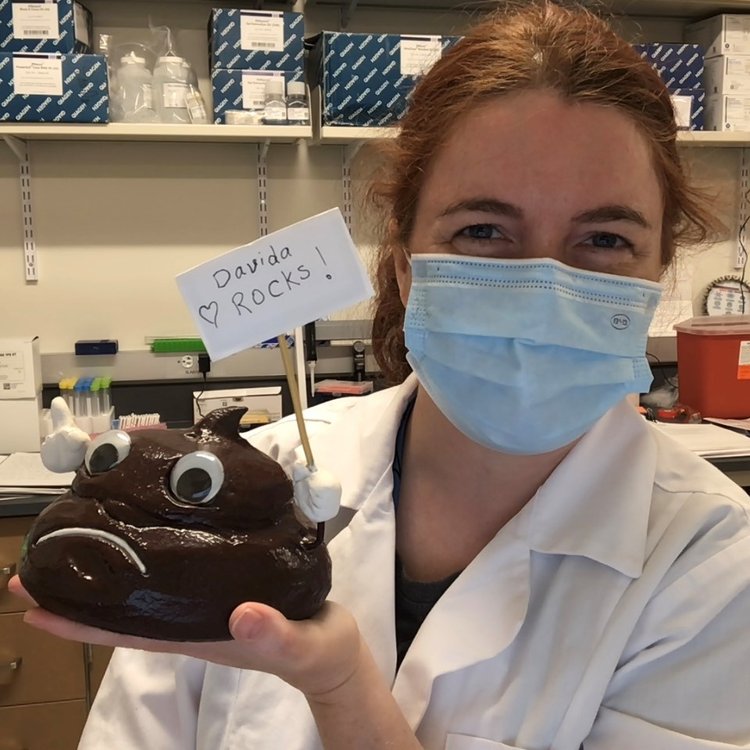 Dear BQ/QUBES Community, Dear BQ/QUBES Community,
I am chuffed to come onto the BioQUEST board. I have long been a fan of BioQUEST ever since attending my first summer meeting on Wicked Problems in 2018. I had been working with the SENCER community and was beyond excited to meet so many folks who were teaching biology through issues, combining quantitative and critical reasoning and promoting scientific literacy and civic outreach as well. I have made some great friends and connections and I know that we’ll continue to grow and develop our practices and pedagogy, our commitment to our community and our dedication to diversity, equity, and inclusion for all.
I am a microbiologist by training, I completed my education at Trinity College in Ireland, and I came to the States to do my Postdoc. That was a long time ago now (sigh – I miss Dublin) but I’ve been lucky to have called several institutions home, CityTech in Brooklyn, Mercy College in Dobbs Ferry, and The New School in Manhattan. Now I’m adapting to San Antonio Texas, building the lab, and getting the research up and running. My grad and undergrad students are studying aerosol transmission, developing wastewater surveillance, and looking for phages and antimicrobial producing microbes. And don’t forget we’re still all about microbiomes. I thrive when the students can learn science by doing science and there’s no better way than to do that while tackling the grand challenges of our time.
I look forward to bringing my colleagues with me to BioQUEST, contributing what I can and learning from you all. Get in touch! I’d love to hear from you.
Best,
Davida
Davida Smyth
P.S. If you’re coming across this newsletter on the QUBES website or on social media, you can subscribe here to keep in touch!
In this newsletter:
BioQUEST News
Partner Corner
News and Opportunities
QUBES Corner
BioQUEST News
Call for Spring 2023 Faculty Mentoring Networks
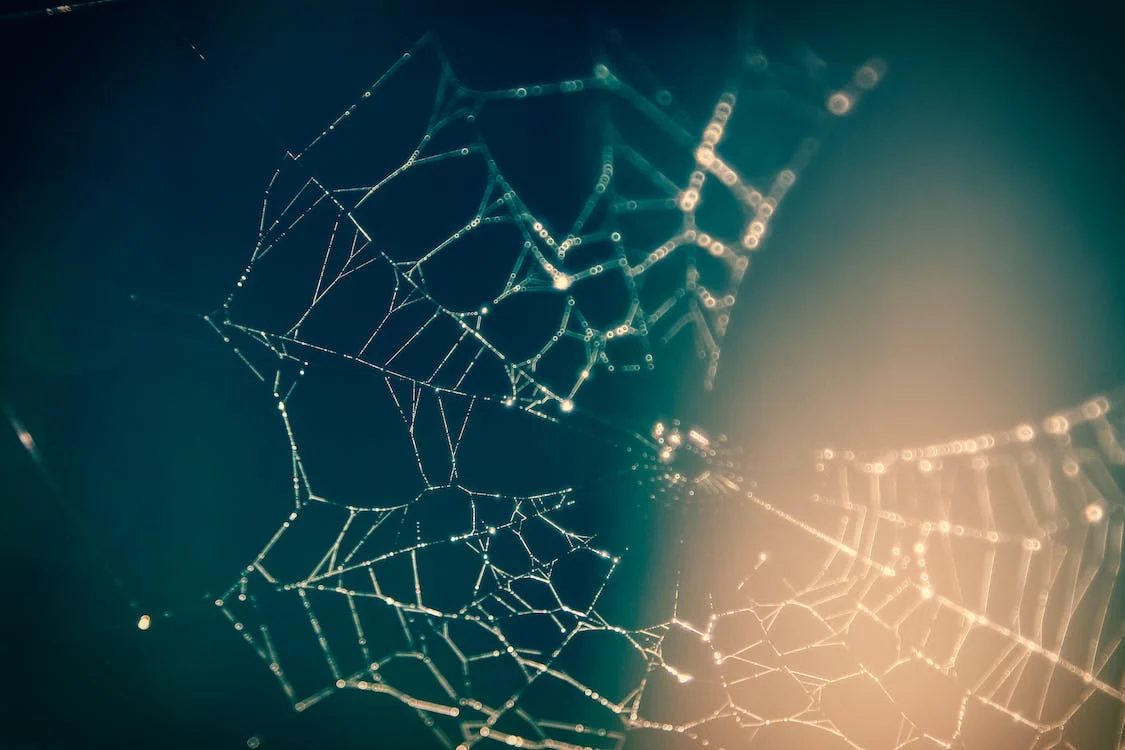
Faculty Mentoring Networks (FMNs) are long-term, low-intensity professional development opportunities hosted through QUBES. An FMN brings a small group of like-minded educators together to: discuss pedagogy; share resources; adapt, implement, and share teaching materials; and create a community around a given topic.
We are currently recruiting for Spring 2023 FMNs with commitments needed by November 11, but the earlier the better. If you are interested in running one, please contact Molly Phillips soon!
BioQUEST Partner Summit 2022 Recap
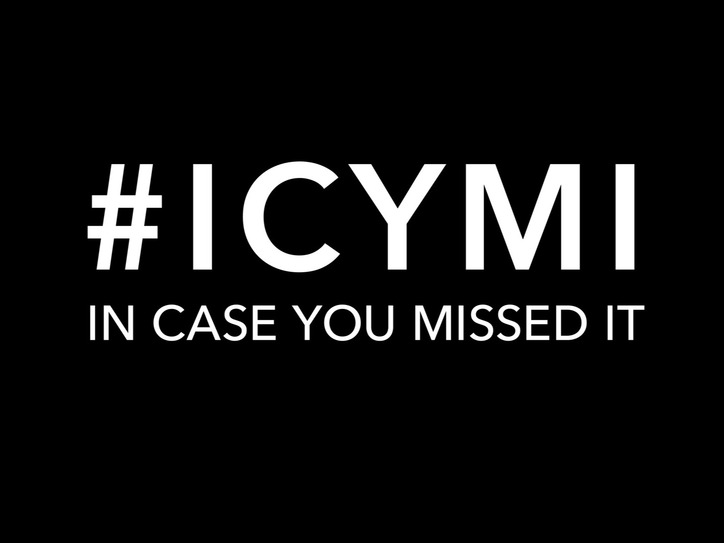
We hosted an online Partner Summit on Friday, October 7, 2022. It was great to catch up with some existing partner organizations and see some new faces as well. Our Partner Summits provide time and space to have conversations across groups about using the QUBES platform and managing projects online. Check out the Partner Support Group to find presentations and posters from partners, and forum discussion topics to keep the conversations going. We plan to host these regularly, so stay tuned for your next opportunity to join the fun. And remember, you can always drop by office hours if you have a question or need a quick consult. connect and network with the BioQUEST community.
Featured Publications
We are so proud of the amazing scholarly work that is coming out of our community. Congratulations to the authors and thank you for your work.
If you have published a paper related to your work with BioQUEST and/or the QUBES platform, please let us know (send the link to Molly)!
Partner News and Opportunities
Headwaters Research Experience Opportunities
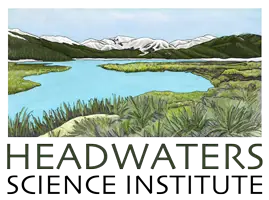 The Headwaters Research Experience (HRE) summer session was a success by all definitions. Over 8,000 people viewed our first presentation night! Each of the students conducted remarkable research ranging from studying the CRYAA gene evolution across vertebrates to researching how global diets influence obesity. Each of our participating students emerged from our program with a deeper understanding of the scientific method and an answer to their initial inquiry. If you haven’t watched it already, tune in here to see the remarkable work. The Headwaters Research Experience (HRE) summer session was a success by all definitions. Over 8,000 people viewed our first presentation night! Each of the students conducted remarkable research ranging from studying the CRYAA gene evolution across vertebrates to researching how global diets influence obesity. Each of our participating students emerged from our program with a deeper understanding of the scientific method and an answer to their initial inquiry. If you haven’t watched it already, tune in here to see the remarkable work.
In honor of Hispanic Heritage month, Headwaters collaborated with Seaworld and Busch Gardens to create a bilingual Lunch with a Scientist program. Originally from Brazil, Dr. Montano is the Director of Species Sustainability at SeaWorld and Busch Gardens. You can view the presentation and student investigation here.
Sign up for the spring session or donate to the organization here.
ESA 2023: Bring Your Science Portland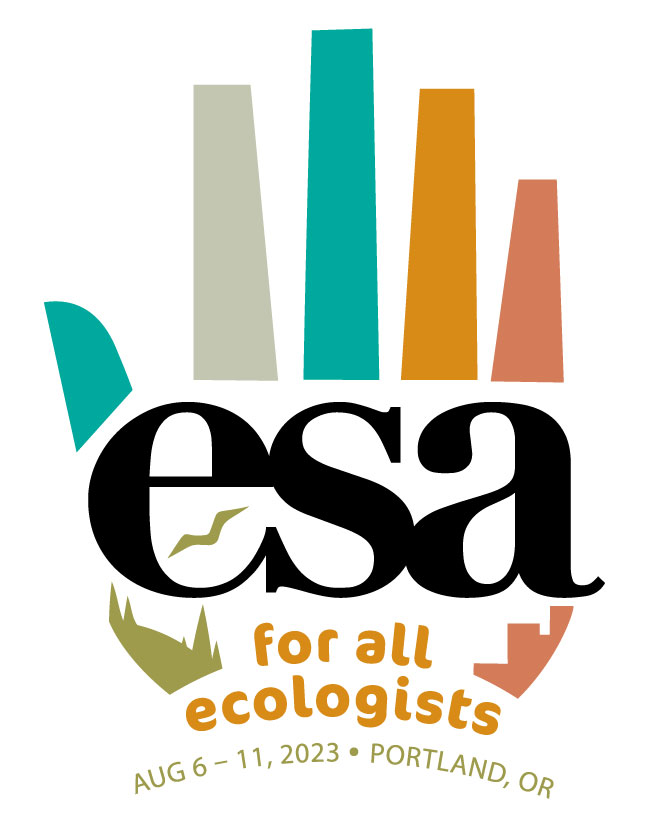
ESA is now inviting proposals for Symposia, Organized Oral Sessions, and Inspire Sessions for the 2023 ESA Annual Meeting, to be held August 6-11, 2023. The meeting theme is ESA for All Ecologists. Although session proposals related to the meeting’s theme are encouraged, any timely and coherent subject of broad interest to ecologists will be considered. Proposals will be reviewed using criteria described on the submission website. Proposals must be submitted by Thursday, November 3, 2022, at 5:00 PM Eastern Time (2:00 Pacific Time). No late or emailed proposals will be considered. Learn more and submit a proposal here.
The Consortium for Mathematics and its Applications (COMAP) Middle Mathematical Modeling Contest
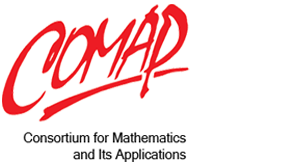 The Consortium for Mathematics and its Applications’ (COMAP) has launched this year's Middle Mathematical Modeling Contest (MidMCM) and High School Mathematical Modeling Contest (HiMCM)® for all middle and high school students. The contest will take place from November 2-15, 2022, and registration is open now! The Consortium for Mathematics and its Applications’ (COMAP) has launched this year's Middle Mathematical Modeling Contest (MidMCM) and High School Mathematical Modeling Contest (HiMCM)® for all middle and high school students. The contest will take place from November 2-15, 2022, and registration is open now!
These international contests are designed to provide students with the opportunity to work as team members to engage in and improve their math modeling, problem solving, and writing skills. Teams from your school apply mathematics to model and develop a solution to a real-world problem. Team members may work virtually. This is the perfect activity to add to your fall class plans. Educators can use the contest as part of a mathematics or modeling course, as an extracurricular math club activity, or simply to encourage student teams to participate just for fun. Let the math modeling begin!
Learn more and register your teams here.
Molecular CaseNet Opportunity
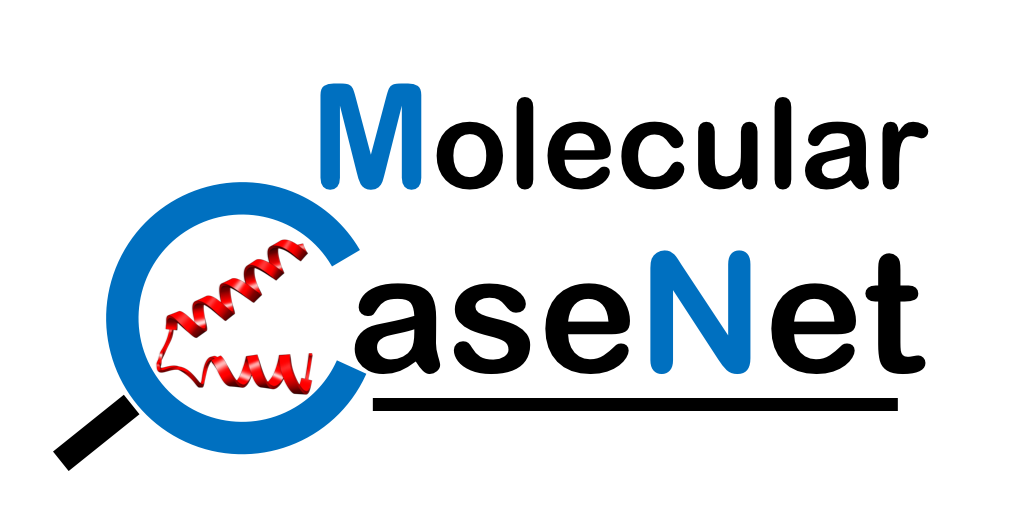 Do you use (or would you like to use) biomolecular structures and data from public bioinformatics resources in your classroom? Would you be interested in testing ready to use materials on these topics? If you are interested in participating please complete the interest form by October 28th, 2022. To learn more about this opportunity visit the announcement post. Can’t commit to reviewing materials right now? Keep an eye out for future communications, we will be soliciting educators to pilot test these lessons in their classrooms in early 2023. Do you use (or would you like to use) biomolecular structures and data from public bioinformatics resources in your classroom? Would you be interested in testing ready to use materials on these topics? If you are interested in participating please complete the interest form by October 28th, 2022. To learn more about this opportunity visit the announcement post. Can’t commit to reviewing materials right now? Keep an eye out for future communications, we will be soliciting educators to pilot test these lessons in their classrooms in early 2023.
Includes Resource Roundup
 Alyssa Na’im, NSF INCLUDES Network member, compiled a list of resources on the intersection between scale, sustainability, and systems change. Resources listed include the Landscape Diagram which is a tool developed by the Human Systems Dynamics Institute that helps you "see, understand, and influence the conditions that create stability for individuals, groups, and communities," and Guides to Advance Teaching Evaluation (GATEs) which is a planning tool that offers goals to guide reform in teaching evaluation practices in STEM departments. Alyssa Na’im, NSF INCLUDES Network member, compiled a list of resources on the intersection between scale, sustainability, and systems change. Resources listed include the Landscape Diagram which is a tool developed by the Human Systems Dynamics Institute that helps you "see, understand, and influence the conditions that create stability for individuals, groups, and communities," and Guides to Advance Teaching Evaluation (GATEs) which is a planning tool that offers goals to guide reform in teaching evaluation practices in STEM departments.
Find the full list of resources here. Note that access is free, but a free account is required to view the page.
|